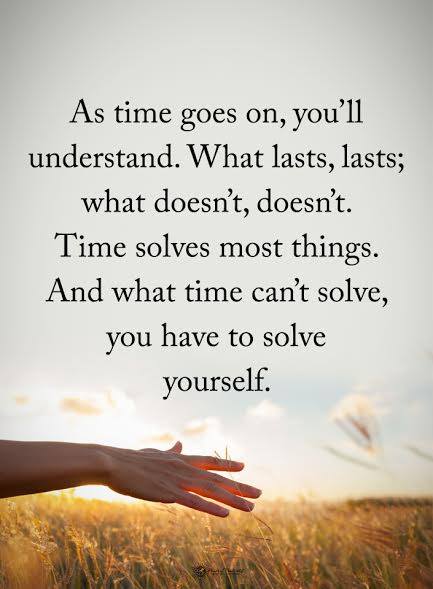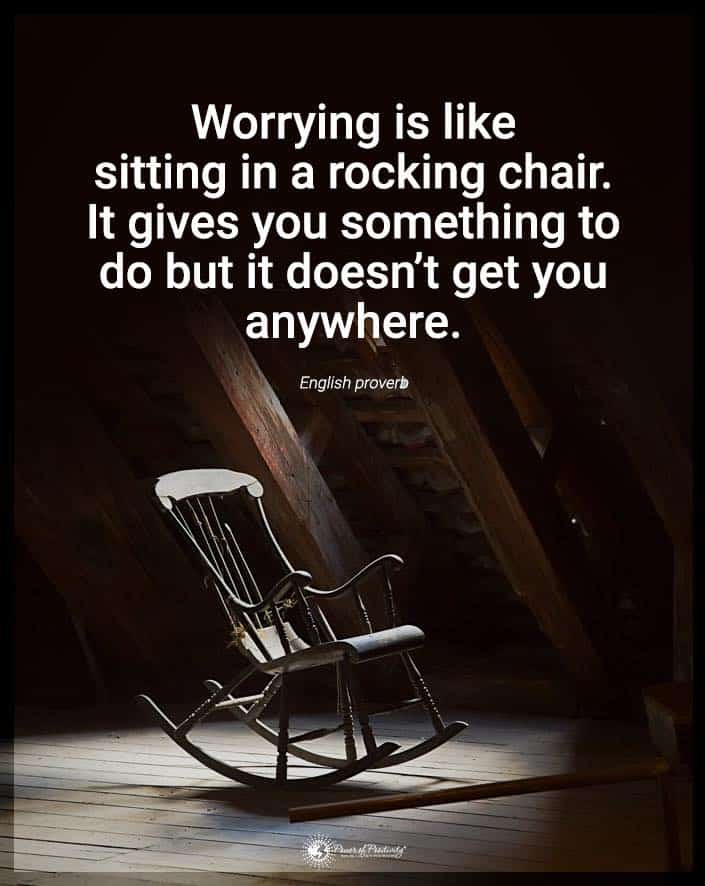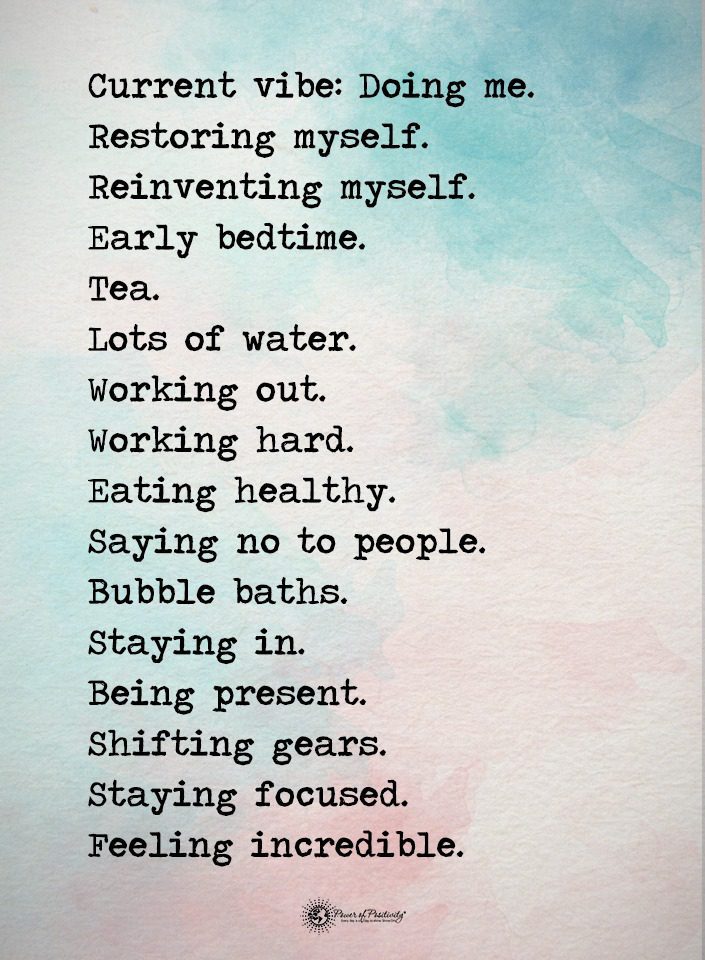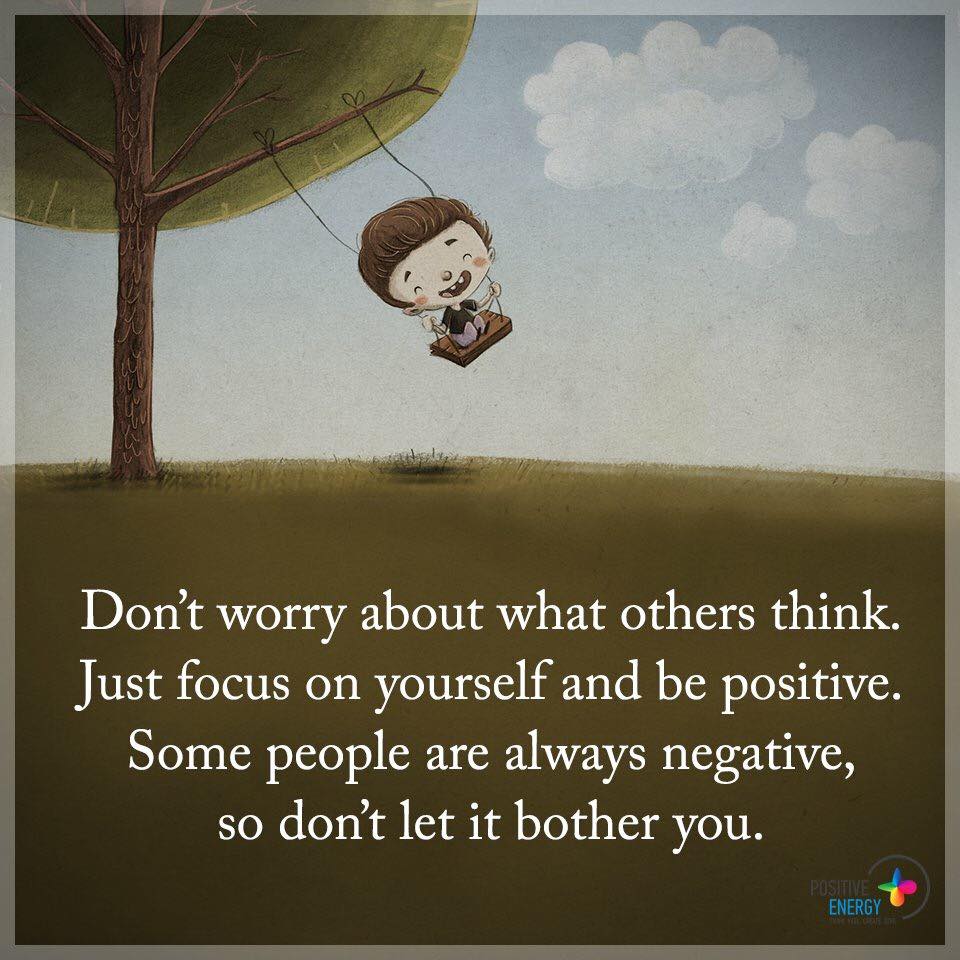Dear Former Self,
I write to you from the future, looking out of my window as I write this letter to you now. Life is not perfect, but would you have ever imagined anything like this?
You got home late again. You barely have enough energy to eat, let alone catch up on chores. I am also guessing that you have even more yet that you haven’t thought of because you did not do last week’s leftover chores. People seem to always be coming and going, and to to top it all off, there are many people out there just waiting to watch you fall. Couple this with the fact that your achievements ‘mean nothing’ to some no matter how hard you try. Your only solace is break time when you can attempt to enjoy yourself, but your mind continues to wrap itself around the tasks at hand…
Despite your stubborn ways, fatigue, and costly mistakes, we have come a long way. I know that you will be anxious to know what is happening now but things are looking good. Let me tell you what they are now:
You have had your trials. This has presented some challenges but they have thankfully been overcome. I am in a job that I really love and know I am very good at but you did all the hard work finding out about it, thanks to that keen eye of yours and your innate talent. On the business side of things, I am nearly ready to start after a year of getting things ready. There are some minor obstacles standing in the way of it, but these will be sorted out within weeks. It is a good thing that you learned to be patient because it is a requirement here in business.
I just want you to know that you did a great job, despite the difficulties you endured. I still have the those painful memories at times, but I now use them to become stronger and better. If you feel like asking for help for something that is bothering you, then get out there and ask for it. Remaining silent only makes the problem worse. Do not be afraid to stand up for yourself; defend your position – just like George McFly in the movie “Back To The Future“. If you have not seen it, rent the video tape (as you will not have a clue what Netflix is yet!).

All I really want to tell you is to thank you for safely getting me to this point, and to tell you to not worry so much and things are getting better. There are of course more problems now but, as you can imagine, they are of a different kind. You are good enough and strong enough to get through anything, you just have to believe it. Mahatma Ghandi said, “Your beliefs become your thoughts. Your thoughts become your words. Your words become your actions. Your actions become your habits. Your habits become your values. Your values become your destiny.” If that fails, try Rudyard Kipling’s poem “If” for some inspiration.
I love you with every cell in me, as do our Mum and Dad and your future children.
Hang in there.
Lots of love,
The Person You Become









